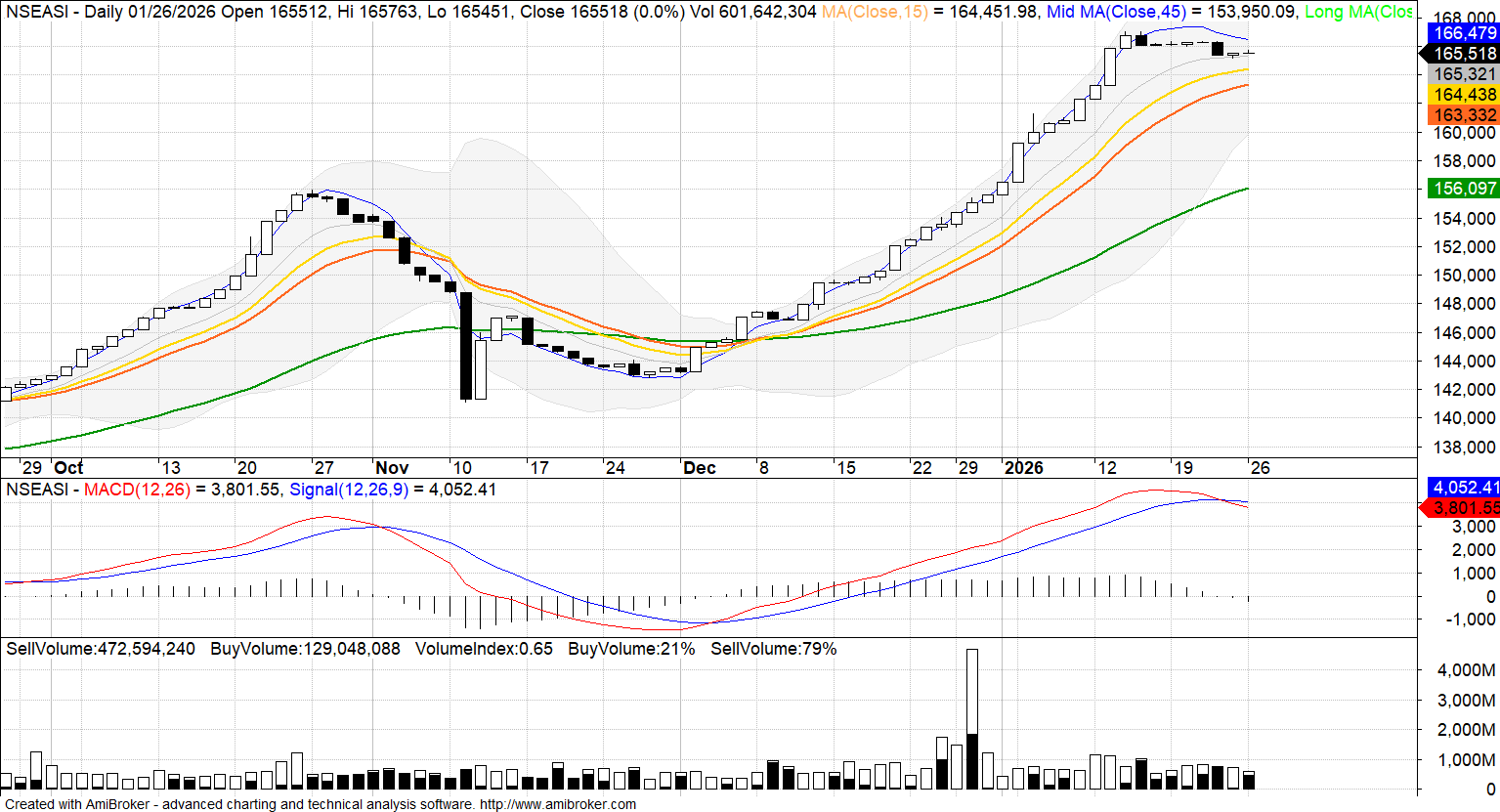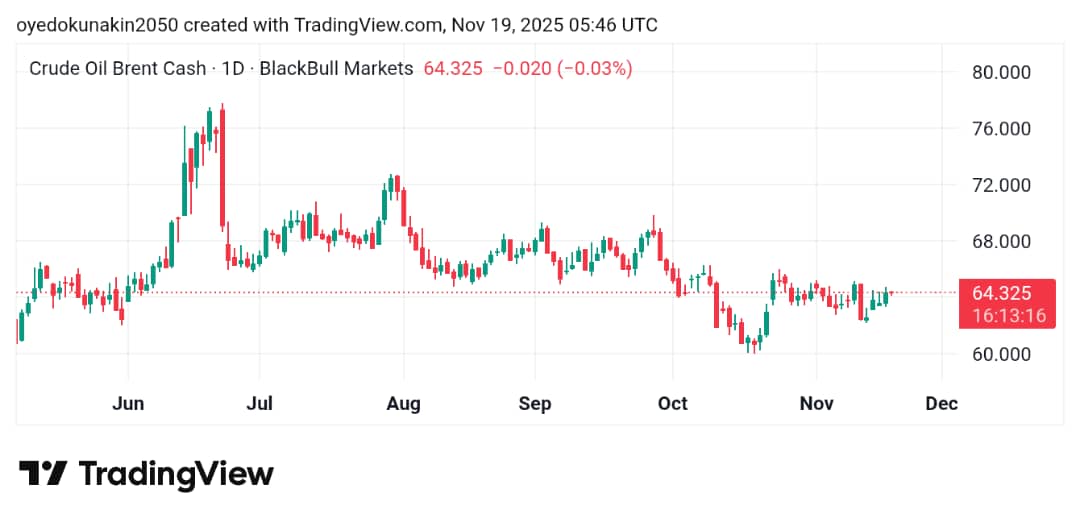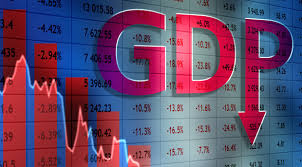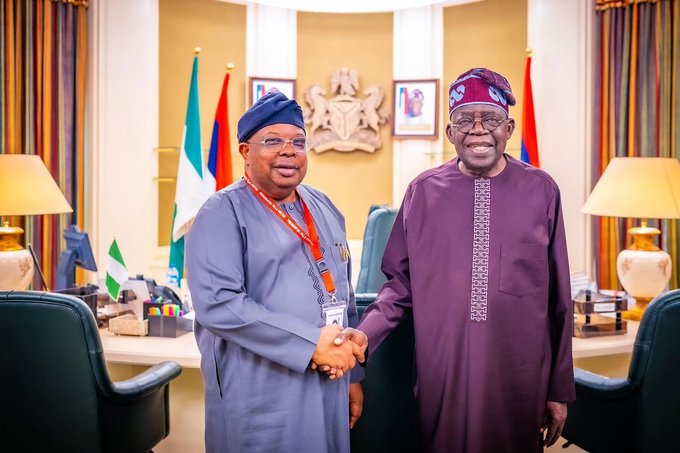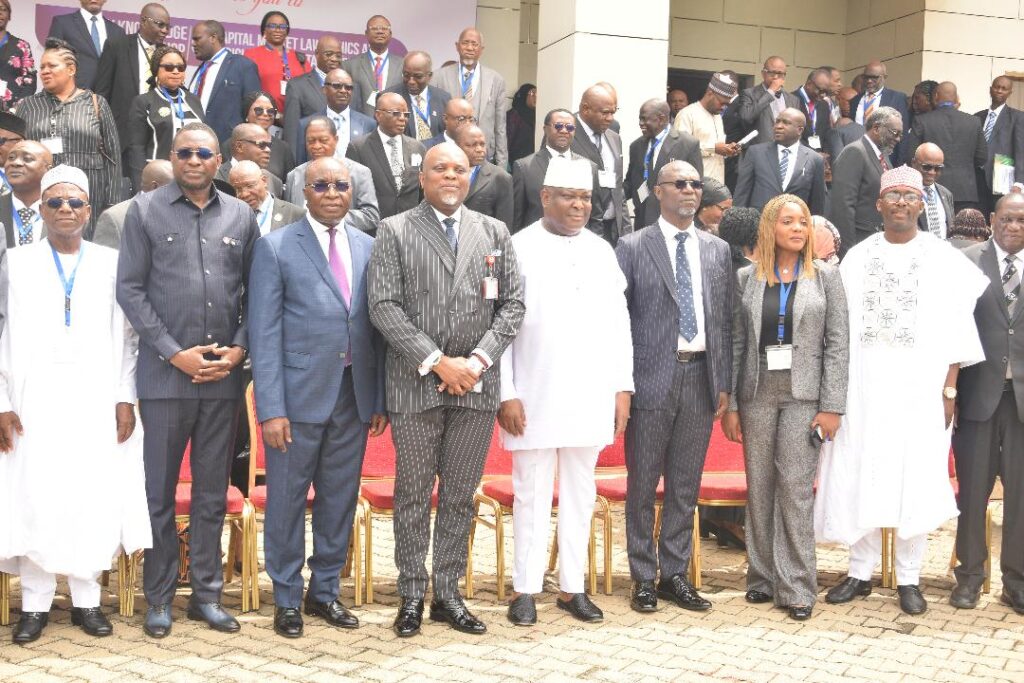
Caption: From left, Chairman Board, Securities & Exchange Commission(SEC), Mairiga Aliyu Katuka, Chairman Economic & Financial Crimes Commission (EFCC), Ola Olukoyede; Representative of the Chief Justice of Nigeria, Justice Stephen Jonah; Representative of the Vice President, Dr. Tope Fasua, Chairman, Senate Committee on Capital Market, Senator Osita Izunaso; Director-General of the Securities & Exchange Commission (SEC), Dr Emomotimi Agama, Executive commissioner Legal and Enforcement SEC, Frana Chukwuogor; and Deputy Chairman, House of Representatives Committee on Capital Market, Hon. Muktar Usman Zakaria, during a two-Day Knowledge sharing Workshop on Capital Market Law, Ethics and Judicial interpretation for Judges, held at National Judicial Institute in Abuja Monday.
Nigeria’s Vice President Kashim Shettima, on Monday in Abuja, the Federal Capital, canvased support to enable the judiciary contribute to capital market growth through the delivery of well-thought out, timely, and technically sound verdicts.
Declaring open a two-day workshop organised for judges by the Securities and Exchange Commission (SEC), Shettima said such verdicts would send a strong positive signal to the market, thereby enhancing confidence and capital inflow.
Speaking at the workshop, with the theme: “Repositioning the Nigerian Capital Market for National Economic Transformation through Effective Dispute Resolution,” Shettima described the capital market as the life-blood of any modern economy.
Represented by the Special Adviser to the President on Economic Affairs (Office of the Vice President), Dr. Tope Fasua, Shettima observed that on the other hand, delays, inconsistencies, or a lack of specialized understanding by the judiciary can inadvertently create systemic risks and deter investment into the capital market.
The theme of the workshop, he said, is not merely a topic for discussion but a clarion call, “a strategic imperative that resonates deeply with the economic agenda of this administration. It underscores the undeniable truth that a robust, efficient, and trustworthy capital market is the bedrock upon which sustainable national economic transformation can be built”.
He explained that the “capital market is far more than just a platform for buying and selling securities. It is the lifeblood of modern economies, a sophisticated ecosystem that mobilizes long-term capital for productive investments. It connects savers with investors, providing the necessary liquidity for businesses to expand, innovate, and create jobs. It is where infrastructure projects find funding, where small and medium enterprises (SMEs) can scale, and where the dreams of entrepreneurs can take flight.
“In Nigeria, a nation brimming with potential and a youthful, dynamic population, the capital market holds an even greater significance. It is a critical tool for diversifying our economy away from over-reliance on a single commodity, fostering indigenous industrialization, and attracting both domestic and foreign direct investments. A well-functioning capital market can unlock latent wealth, deepen financial inclusion, and ultimately improve the living standards of our citizens. It is the conduit through which national savings are channeled into productive ventures, driving the wheels of progress and prosperity,” the VP added.
He pointed out that trust is critical to attracting investments into the market, stressing that “investors, whether local or international, institutional or retail, will only commit their hard-earned capital where they are confident that their investments are secure, that transactions are transparent, and that their rights are protected. This confidence is built on a foundation of strong regulatory frameworks, efficient market operations, and, crucially, an effective and impartial system of dispute resolution”.
While acknowledging that market disputes arising from contractual breaches, market manipulation, insider trading, corporate governance infractions, or disagreements over interpretation of securities laws, was inevitable, resolving them swiftly, fairly, and expertly was critical to market growth.
In his address, the Chief Justice of Nigeria, Justice Kudirat Kekere-Ekun said the capital market was no longer a distant abstraction limited to high finance or institutional investors but has become a critical lever of economic participation and empowerment.
Represented by Justice Stephen Adah of the Supreme Court, Mrs. Kekere-Ekun observed that like all vital systems, the capital market was also vulnerable.
“The capital market is a repository of trust, but also a potential site of distortion. It is a platform for innovation, but also susceptible to fraud and regulatory arbitrage. In this regard, the Judiciary has a profound role to play. Not as passive arbiters, but as active custodians of economic integrity and commercial justice”, he stated.
Earlier, the Director General, Securities and Exchange Commission, Dr Emomotimi Agama said the workshop was part of the Commission’s effort to engage the judiciary in all aspects of capital market operations following the enactment of the Investment and Securities Act (ISA) 2025.
“This landmark legislation marks a significant milestone in Nigeria’s economic and financial sector, reinforcing investor confidence, strengthening regulatory frameworks and enhancing the nation’s position in global markets. The ISA 2025 is a legislative success, a legal milestone and a reform that ushers in a new era for our capital market.
“By enacting this progressive law, Nigeria has taken a bold step toward fostering a more transparent, efficient, resilient and secure investment climate. The diligent efforts of the Executive and Legislative arms in ensuring the seamless passage of this Act reflect a shared commitment to economic growth, financial stability and sustainable development”, he stated.
The Chairman, Economic and Financial Crimes Commission (EFCC), Mr. Olanipekun Olukoyede disclosed that the Commission has recently charged 58 unlicensed businesses operating pyramid schemes in Nigeria with two convictions secured.
He harped on the importance of updating the knowledge and understanding of the judiciary given the constant changes in the operation of the capital market space including the trading of digital assets.
“You are aware of the ongoing cases we have in courts against Binance, CBEX and other related cases with respect to financial and investment frauds. It has come to a point in Nigeria where it has become very important for us to understand the intricacies involved in some of these emerging issues in virtual assets”, he added.


